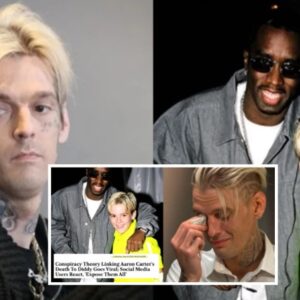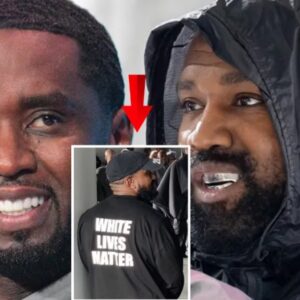
In a surprising and unprecedented development, several players from the Kansas City Chiefs have filed a petition to ban pop superstar Taylor Swift from attending the team’s home games next season. This shocking move has sent shockwaves through the sports and entertainment communities, igniting a debate over celebrity influence in sports, team dynamics, and the intersection of fandom and professionalism.
The Background of the Controversy
The controversy stems from Swift’s high-profile relationship with Chiefs tight end Travis Kelce, which has garnered significant media attention since it became public. Their romance has dominated headlines and social media, with Swift frequently spotted at games, cheering for Kelce and the team. While many fans celebrated the pairing, some players have expressed concerns about the distraction her presence may cause on and off the field.
In their petition, the players argue that Swift’s attendance has shifted the focus away from the game itself. “We want the fans to come to see us play, not to see who’s sitting in the stands,” one player stated anonymously. “We respect her as an artist, but this is about the game and our performance. It’s crucial that we maintain our focus.”
The Petition’s Impact
The petition, which has gained traction among some players, has sparked heated discussions within the team and among fans. While some players support the idea of restricting Swift’s attendance, others have come to her defense, emphasizing the positive energy she brings to the games. “Taylor’s presence has brought a lot of excitement and attention to the team,” said one player who wished to remain unnamed. “We should be embracing that, not pushing it away.”
As the petition circulates, the Chiefs’ management is finding itself in a difficult position. Balancing the wishes of the players with the potential benefits of having a global superstar in the stands is no small task. The Chiefs have built a strong brand around their performances, and Swift’s involvement has undoubtedly increased visibility and interest in the team.
Fan Reactions and Media Coverage
The public reaction to the petition has been mixed. Some fans have taken to social media to voice their support for the players, arguing that maintaining the integrity of the game should come first. “Football is a sport, not a celebrity showcase,” one fan tweeted. “If they feel distracted, maybe it’s time for her to take a step back.”
Conversely, many fans have rallied around Swift, expressing their disappointment at the petition and emphasizing the joy she brings to the games. “Taylor Swift is a fan like any of us. She loves the game and supports Travis,” another fan posted. “This petition feels petty and unnecessary.”
Media outlets have been quick to cover the story, with commentators weighing in on both sides of the debate. Discussions have ranged from the implications of celebrity culture in sports to the broader impact of public figures on team dynamics. The narrative has captured the public’s imagination, fueling speculation about how this situation will unfold.
The Broader Implications
This controversy raises significant questions about the role of celebrities in professional sports. As the lines between entertainment and athletics continue to blur, the influence of high-profile figures like Swift on team dynamics becomes increasingly complex. While some argue that celebrity presence can enhance a team’s brand and morale, others worry that it may lead to distractions that affect performance.
Additionally, the situation highlights the pressures athletes face in maintaining focus while managing their personal lives in the public eye. The constant scrutiny can be overwhelming, and players must navigate their responsibilities to their teams while dealing with the complexities of their relationships.
The Chiefs’ Response
As the petition gains attention, the Kansas City Chiefs organization is expected to respond. Team executives may need to address the situation to ensure that team morale remains high and that players feel heard. Communication and transparency will be key in navigating this controversy, as the organization works to maintain a balanced approach to celebrity involvement while prioritizing the team’s performance.
Conclusion
The Kansas City Chiefs players’ petition to ban Taylor Swift from attending home games next season has ignited a firestorm of controversy, raising important questions about celebrity influence, team dynamics, and the nature of fandom. As the situation unfolds, it remains to be seen how the team will handle the differing opinions among players and fans alike.
In an era where sports and entertainment are intertwined more than ever, this incident serves as a reminder of the complexities athletes face in balancing their personal lives with their professional responsibilities. Whether the petition will lead to any tangible changes remains uncertain, but one thing is clear: the intersection of sports and celebrity will continue to be a topic of discussion, intrigue, and debate for fans and players alike.




